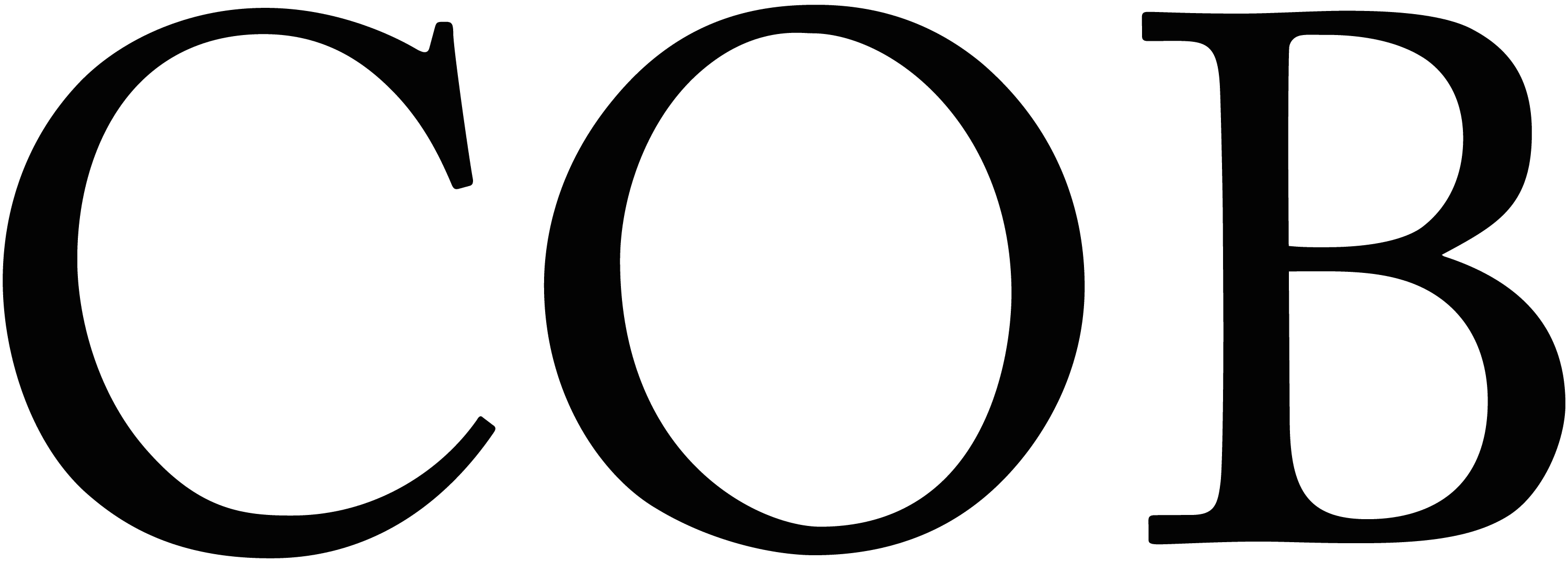September 12th - November 2nd, 2024
Pangée, 1305 ave des Pins O., Montreal
Cloutman’s dense, impasto-style paintings reflect how the selection of a particular context—in this case, interior domestic spaces—can upend the consistency one might assume of relative confinement. Certainty is suspended in compositions featuring surreal human encounters with animated household objects, as in Breakfast for Dinner and Still Life, and existential dread is activated in Forgotten Sauce, in which an unattended stove sparks flames in a Victorian dollhouse-like cross section. As in Carideo’s and Eichwald’s works, the intimate scale of Cloutman’s paintings reflect how zooming in can create a heightened, and perhaps dissembling, relationship to boundaries.
In contrast with the dissociative undertones of Cloutman’s domestic containers, Smillie’s Debris Flow sculptural variations showcase the more intended muta- bility that can arise from externally imposed structure. Smillie pulps recycled print materials, including Uline catalogues and heavily stamped envelopes, and compresses these remnants of commercial and personal communications into three wooden cassette tape holders and one print drawer in his Debris Flow series. Smillie plucks objects from the past and augments them to create new containers of information—the resulting grids convey both limits and leakage, linking these works with the exploration of boundaries in Carideo’s structure and Cloutman’s interiors.
Seen in a certain light, to pluck—an idea, an inspiration, an object—is a decisive and courageous act. But what about when the resulting action warps or reframes the wider context? Does staring too long or fixedly necessarily de- or re-contextualize the subject? Carideo, Eichwald, Cloutman, and Smillie negotiate these dynamics differently, yet they collectively convey how ruminating can both protect and distort the object of fixation. In the end, zooming in on the source of fascination may render it both more and less familiar.
Text by Esme Hogeveen


